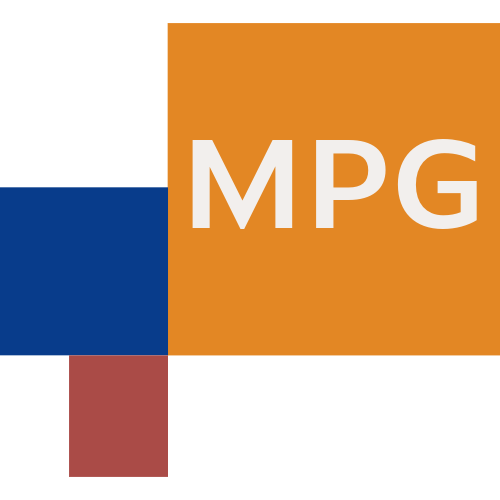As we approach 2025, the compliance landscape is undergoing significant transformations, compelling businesses to adapt proactively. Staying ahead in this evolving environment necessitates understanding emerging trends, leveraging advanced technologies, and implementing best practices to ensure adherence to new regulations.
Impact of New Regulations on Businesses
The regulatory framework is becoming increasingly complex, with heightened scrutiny across various sectors. Key areas of focus include:
- Artificial Intelligence (AI) and Data Privacy: The rapid integration of AI into business operations has prompted regulators to establish guidelines ensuring ethical use and data protection. Companies must navigate these regulations to avoid potential legal pitfalls.
kpmg.com - Environmental, Social, and Governance (ESG) Criteria: There's a growing emphasis on sustainability and ethical practices, leading to stricter ESG reporting requirements. Organizations are now accountable for their environmental impact, social responsibilities, and governance structures.
skillcast.com
Rise of Compliance Automation and AI-Powered Monitoring Tools
To manage the increasing regulatory demands efficiently, businesses are turning to automation and AI-driven solutions:
- Compliance Automation: Utilizing technology to automate compliance processes reduces manual effort and minimizes human error. Tools like Sprinto and SAS Viya offer automated monitoring and reporting, ensuring continuous adherence to regulations.
zluri.com - AI-Powered Monitoring: Advanced AI systems can analyze vast amounts of data in real-time, identifying potential compliance issues before they escalate. For instance, IBM's Watson integrates AI to enhance compliance workflows, providing proactive risk management.
centraleyes.com
Best Practices for Maintaining Compliance in a Dynamic Regulatory Environment
To remain compliant amidst evolving regulations, businesses should consider the following strategies:
- Continuous Education and Training: Regularly update compliance teams on new laws and industry standards to ensure informed decision-making.
- Implement Robust Compliance Programs: Develop comprehensive policies and procedures that align with current regulations and are adaptable to future changes.
- Leverage Technology: Adopt compliance automation tools to streamline processes and maintain accurate records, facilitating easier audits and reporting.
- Engage in Regular Audits and Assessments: Conduct periodic internal reviews to identify gaps and implement corrective actions promptly.
- Foster a Culture of Compliance: Encourage ethical behavior and accountability at all organizational levels to promote adherence to compliance standards.
MPG's Role in Assisting Businesses with Compliance
At MPG, we specialize in helping businesses navigate the complex compliance landscape by offering:
- Risk Management Solutions: Identifying and mitigating potential compliance risks through tailored strategies.
- Governance Oversight: Providing frameworks to ensure effective corporate governance and regulatory adherence.
- Compliance Automation Tools: Implementing advanced technologies to streamline compliance processes and reduce operational burdens.
By partnering with MPG, businesses can confidently stay ahead of regulatory changes, manage risks effectively, and maintain robust governance structures, ensuring long-term success in an ever-evolving compliance environment.

